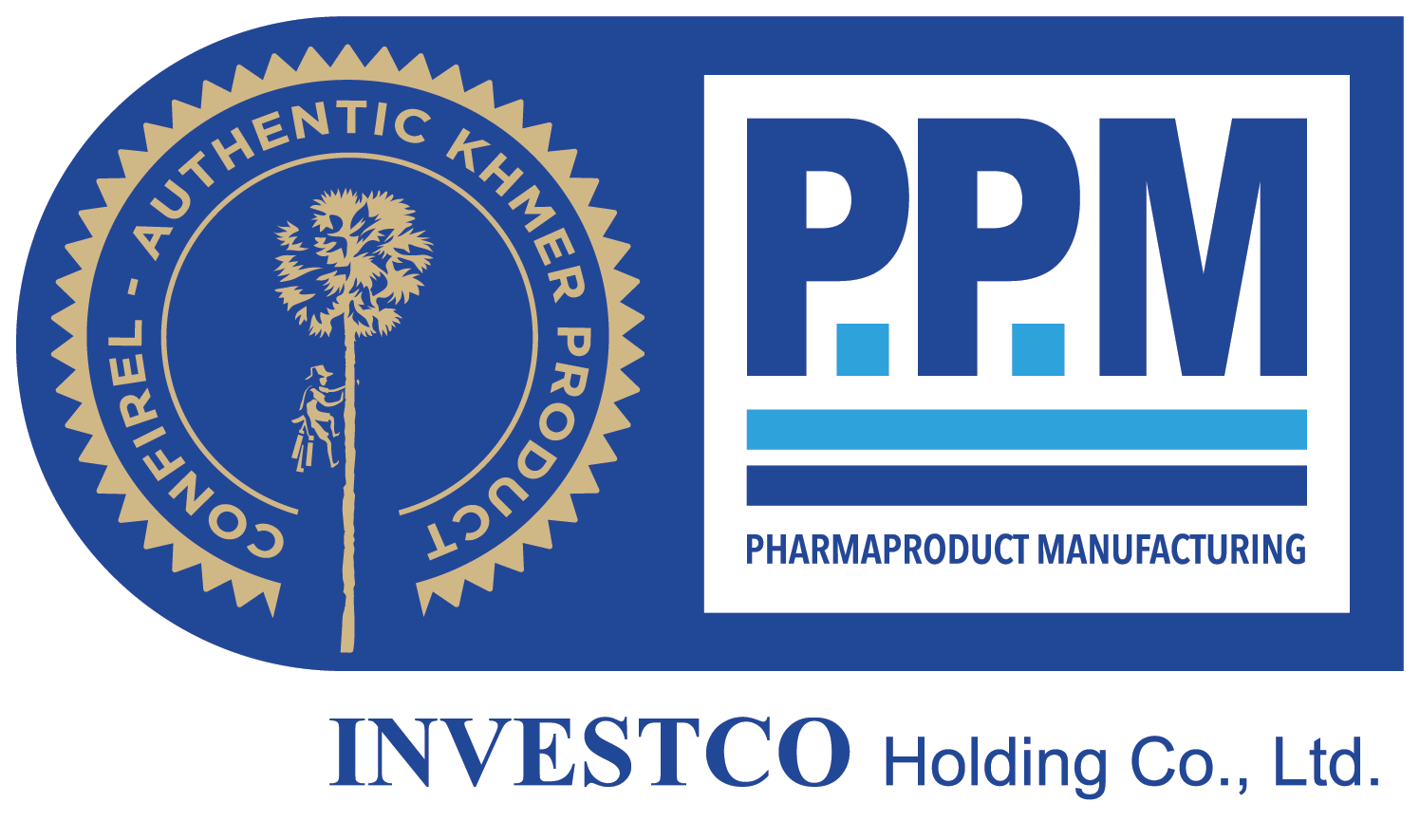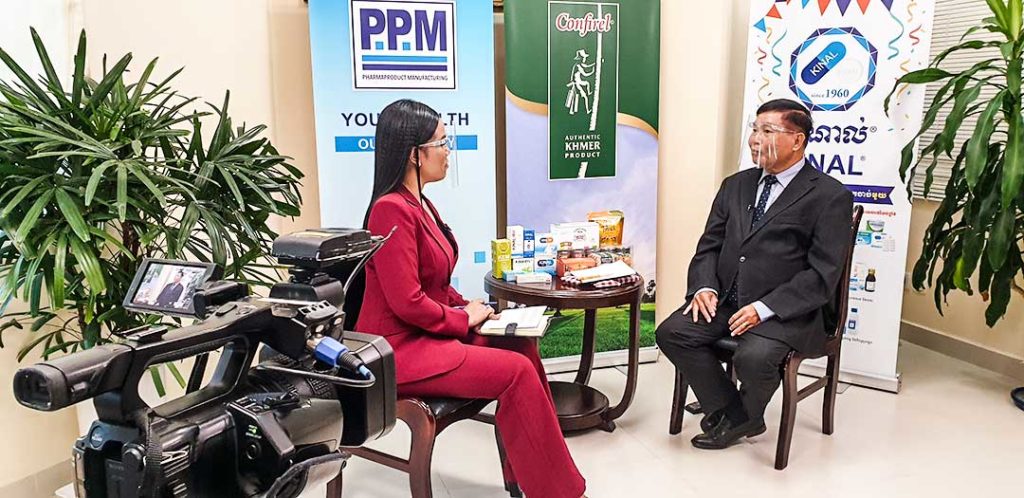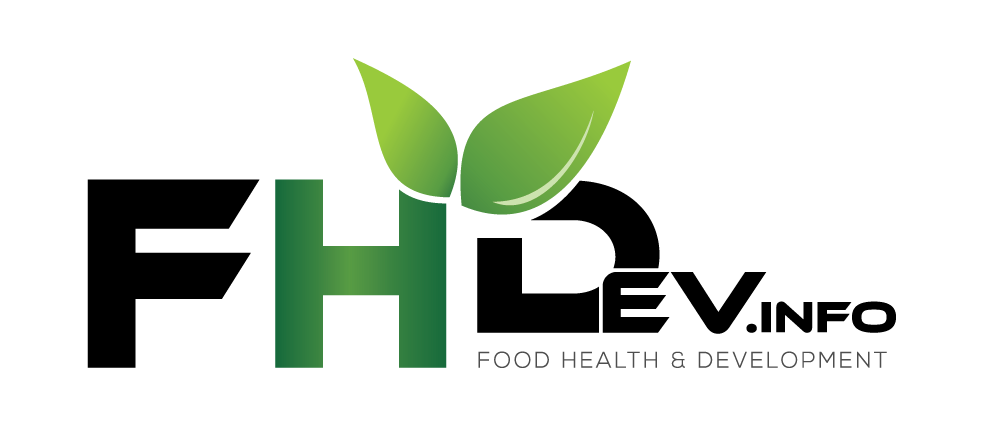


PPM-Confirel Group: 25 years in the service of Cambodia’s health and food independence
Publish date: 04 November 2021 / Health
On November 9, Cambodia celebrates its independence obtained in 1953 by Former King-Father Norodom Sihanouk. In 1996, the PPM pharmaceutical laboratories were created. Five years later, Dr. Hay Ly Eang, founder of PPM, launched Confirel, Cambodia’s first agro-biological company. The creation of PPM, exactly 25 years ago, marks the rebirth of the national pharmaceutical industry, which was totally destroyed after the war years and the Khmer Rouge regime. Before PPM, the only medicines available on the national market were imported, often too expensive for a large part of the population or counterfeit and therefore dangerous for public health. The country needed to regain its sanitary independence in order to make medicines manufactured according to international standards accessible to all. PPM has made this possible. The creation of Confirel responds to the same vision in the field of agri-food.
On the occasion of Independence Day, Dr. Hay Ly Eang was interviewed by many media who were interested in his approach combining entrepreneurship and independence. Here are his answers to a reporter from Bayon TV.
Q: You established PPM Pharmaceutical Laboratories in 1996 and Confirel in 2001 to contribute to the country’s independence. Can you explain the link between your two companies and national independence?
A: Independence is, for a country, to be able to do things by itself in all fields. The pharmaceutical sector, which concerns public health, was one of the first to develop after our country became independent in 1953. The same was true for the agri-food sector.
But, as you know, the country went through a war in 1970 and then in 1975, the Khmer Rouge destroyed our food independence. In spite of this, Cambodia has come a long way since then. We can now export rice and we produce enough medicines not only to treat all Cambodians but also to export them because their quality is recognized worldwide.
If we look back at the history of our country, we can see that at the time of Jayavarman VII, the empire was very developed in the fields of health and agriculture. We have been building on this history and gradually strengthening it under the leadership of the Royal Government and ensuring that other sectors follow the same path.
Q: PPM Laboratories began by producing the painkiller Kinal. Why this choice?
A: Kinal was the first 100% Cambodian drug to be produced after the country’s independence in 1953. It was developed by Dr. Kok Sok Kim who put it on the market 5 years before its French equivalent. This made our country proud.
When we created the PPM laboratories, King Father Norodom Sihanouk was very happy to rediscover Kinal because it reminded him of the great hours of the Sangkum Reastr Niyum era. Prime Minister Samdech Hun Sen was satisfied that we were re-launching Kinal because it was a medicine that he remembered having taken in his youth this Khmer medicine. So Kinal symbolizes the pride of the rebirth of the Khmer pharmacy to be able to reach independence in the health sector in Cambodia. Moreover, PPM laboratories export its products making Cambodia known throughout the world. This is also a reason of great pride for our country.
Q: What is PPM’s position today, 25 years after its creation, in the Cambodian pharmaceutical industry and on the international level?
A: PPM manufactures many different medicines, excluding injectable products. We are recognized nationally and internationally. Our manufacturing standards comply with the norms required by the countries we export to. In the French-speaking African markets where we are present, among the 600 international laboratories competing on the market for the same class of products, we are, in 2020, in 18th position.
This shows that we are competent even if our country is small and poor. Thanks to our human resources and knowledge, we are able to present our products abroad. This is a very active contribution to our national independence and health independence. But there is more. With our products, we show that Cambodia is more than just Ankgor Wat and it is an honor for us to contribute to this.
Q: PPM, apart from Kinal, what products do you sell on the international market?
A: First of all, there is not only one Kinal. As you know, there are several categories of pain, so we have several kinds of Kinal. Then we produce a lot of products for the pathologies that affect us in our daily lives, such as anti-diarrhea drugs, like Diaryl, cough and fever medicines. PPM Laboratories also produce products for figthing vitamin deficiencies. But, what is very important, is that we have in our range of products made 100% from plants of our country. This is KEM Probiotics.
To manufacture modern medicines, we buy raw materials and transform them into final products. But for KEM Probiotics, the raw materials and the production technique are 100% Khmer. This is a product that we are making more and more known and great professors are supporting KEM Probiotics. Thanks to this, we export 90% of its production and it is an honor for us to see this very good reception abroad. We are in the process of launching additional in-depth studies to show that KEM Probiotics is a fantastic product.
Q: Confirel manufactures and distributes high-end food products mainly from palm sugar, Kampot pepper and fruits. How does this contribute to the country’s food independence?
A: A Khmer proverb says: “We grow rice with water and we win the war with rice”. At the time of Angkor, Cambodia could produce three or four rice harvests per year. Our country was strong because our agriculture was strong and, as a result, our health was strong. The war period made us fall behind in our agricultural development and today our processing capacities are weak. We do not value the products of the countryside. The mission of Confirel is to contribute to this valorization. That is why since its beginning, Confirel has developed many products. And our efforts have been rewarded by many international awards, such as, for our Thnot organic palm sugar, the gold medal at the Natexpo show in Paris in 2005 and the award for the best product of Asean in 2017. This is an honor for us. Confirel works to ensure that all its products, made from exclusively Cambodian raw materials, reach the same level of quality.
Q: From the point of view of national independence, what do you think is the lesson to be learned from the Covid-19 pandemic?
A: Before Covid, we were in the period of trade globalization that followed the Cold War. To live in this globalization, each country has to produce as much as possible by itself. If you wait for other people’s products to buy them, you are driving other people’s economies, not your own. So globalization forces us even more to work on the transformation of our products in the most independent way possible.
The Covid pandemic has brutally interrupted the economic circuits. It has caused shortages of raw materials, a huge increase in the price of logistics and essential materials. Covid and globalization force us to think about how to achieve independence in as many sectors as possible. Let’s do it little by little and we can reach 100%. But if we don’t do anything, if we don’t create any added value on our products and only work for others to do so, then our country will not become rich.



